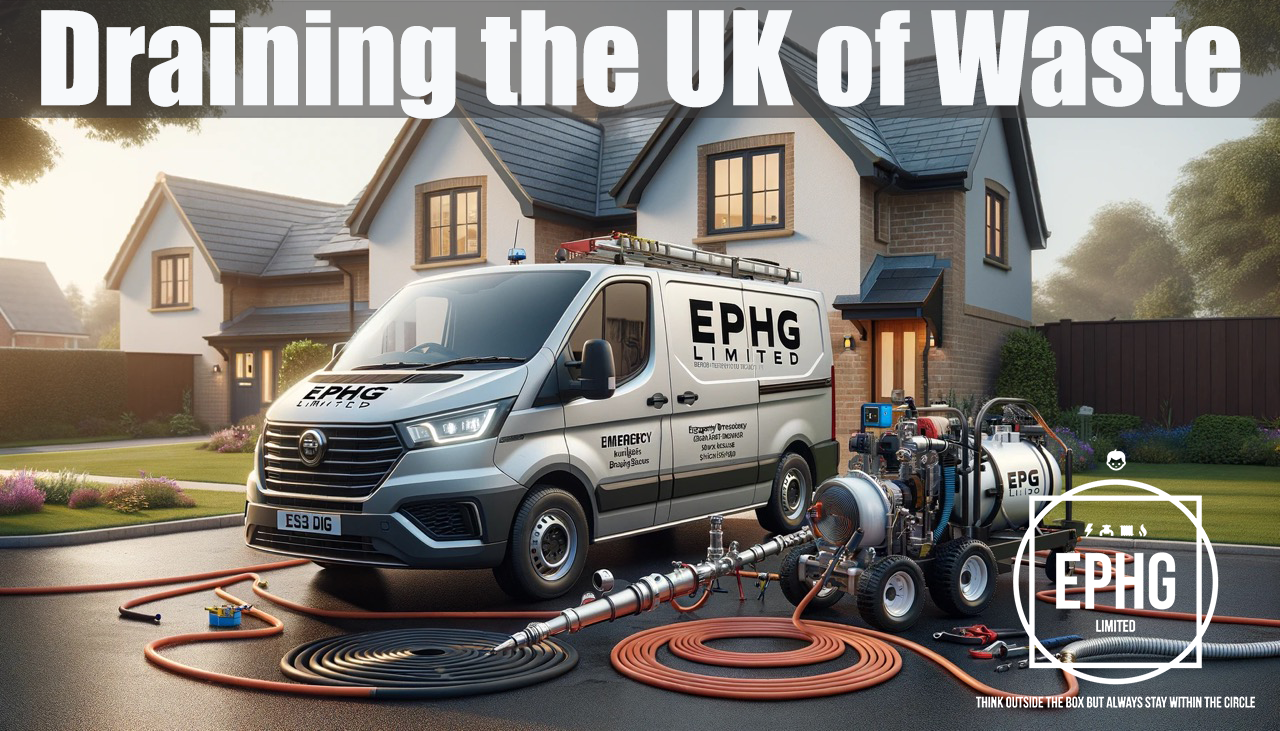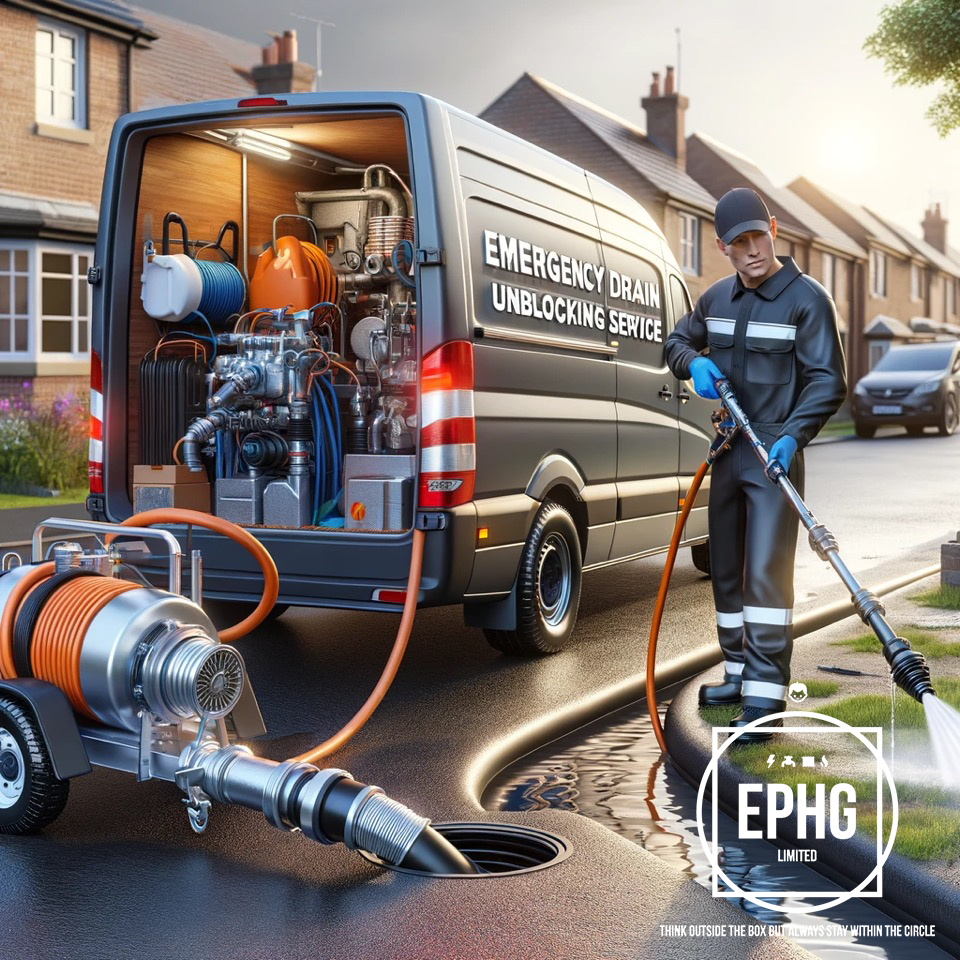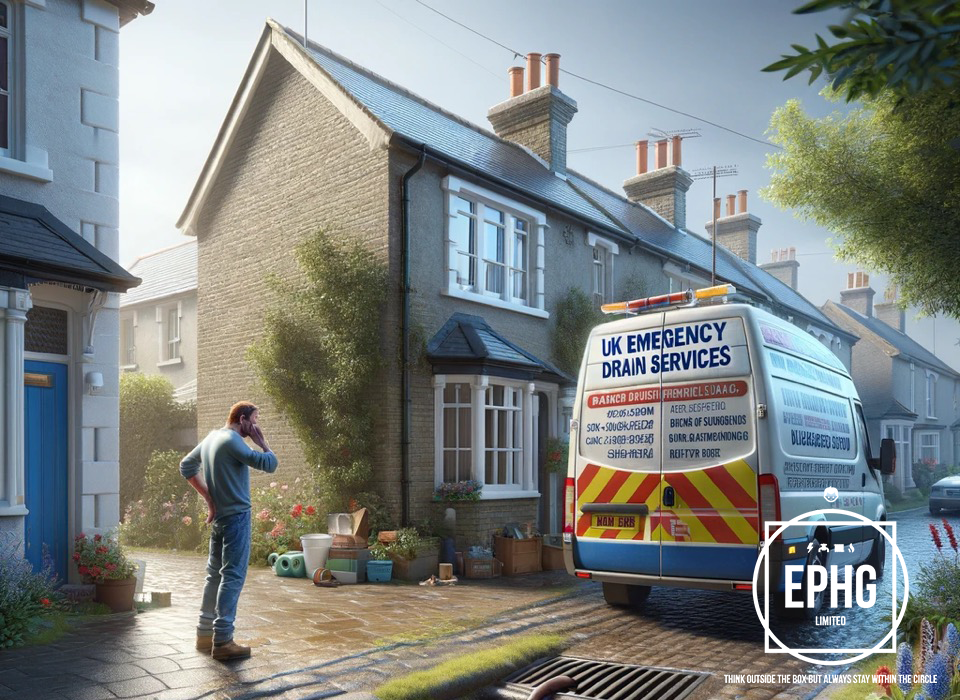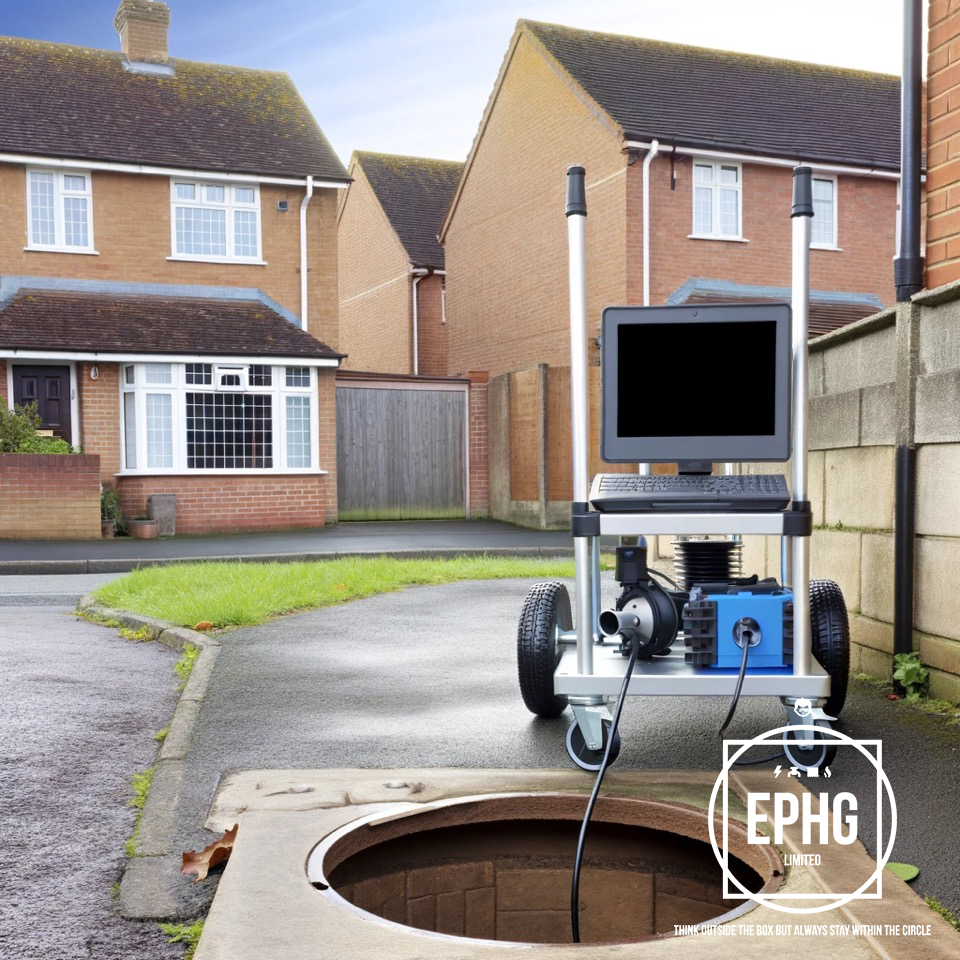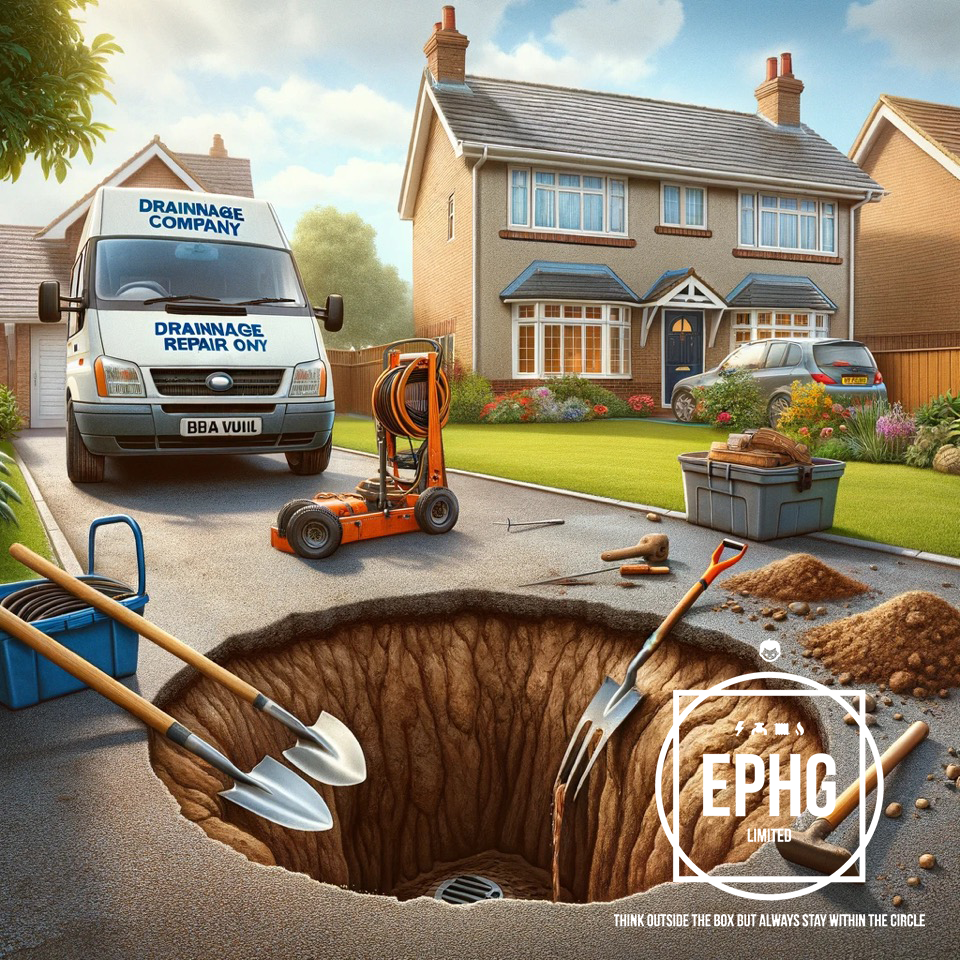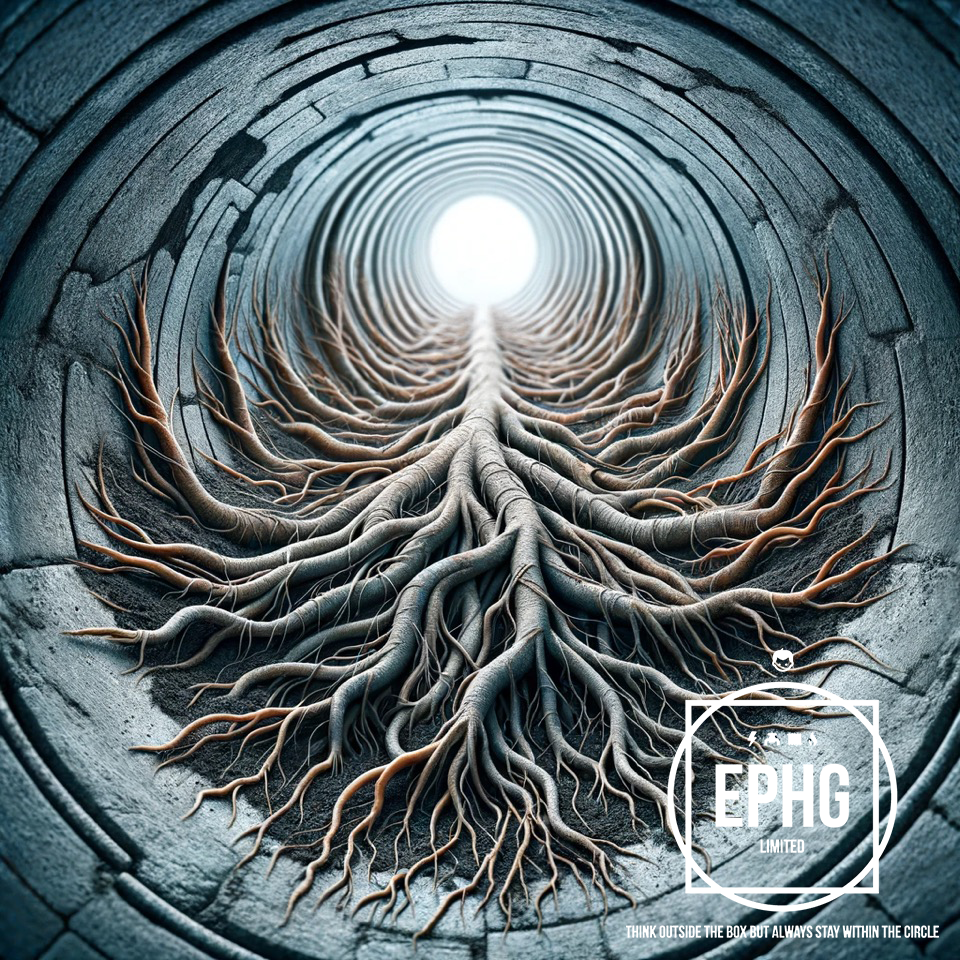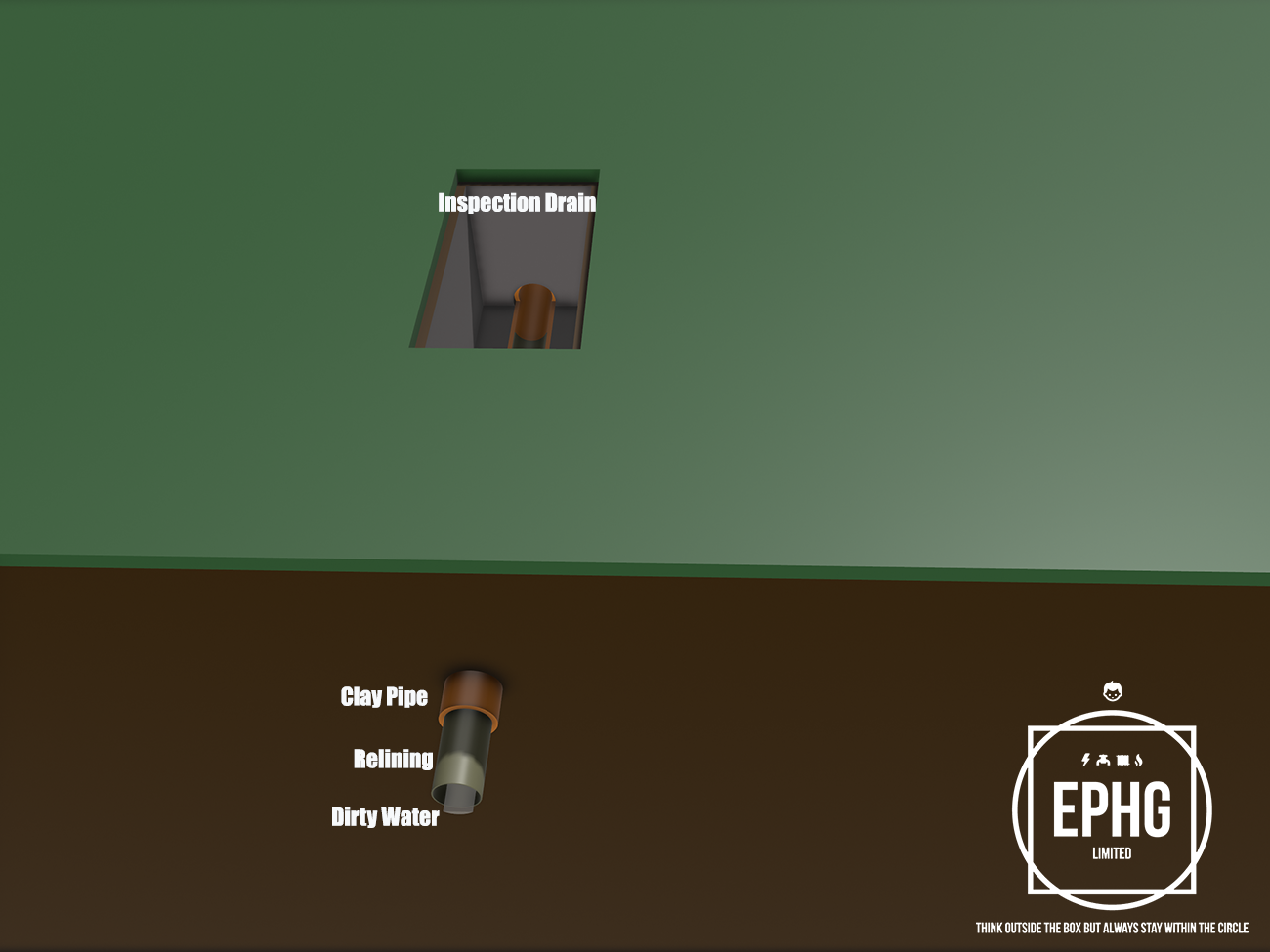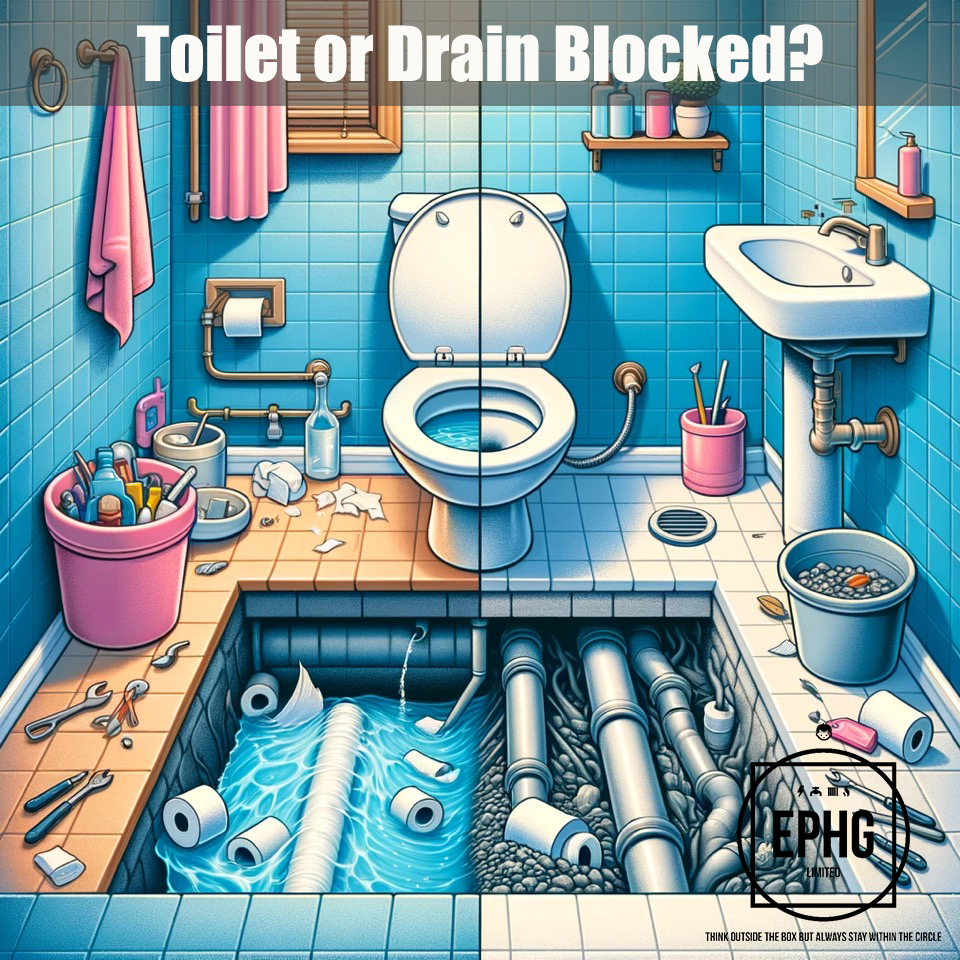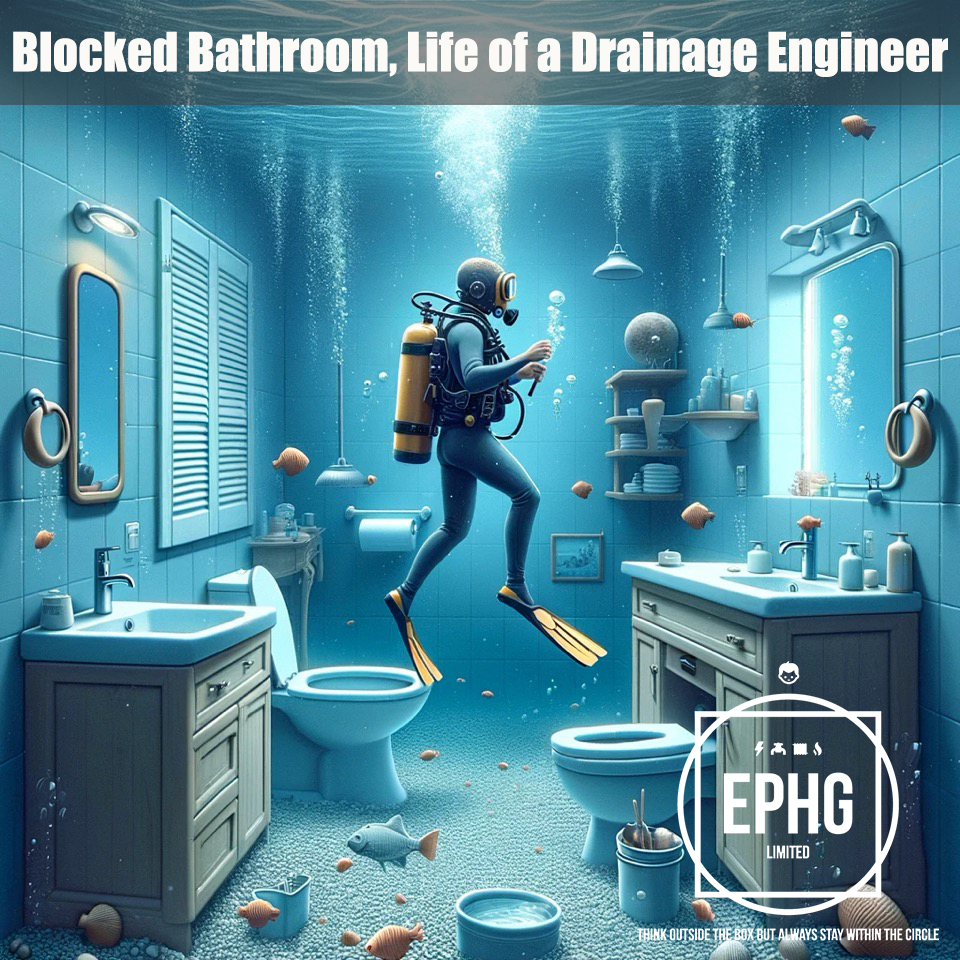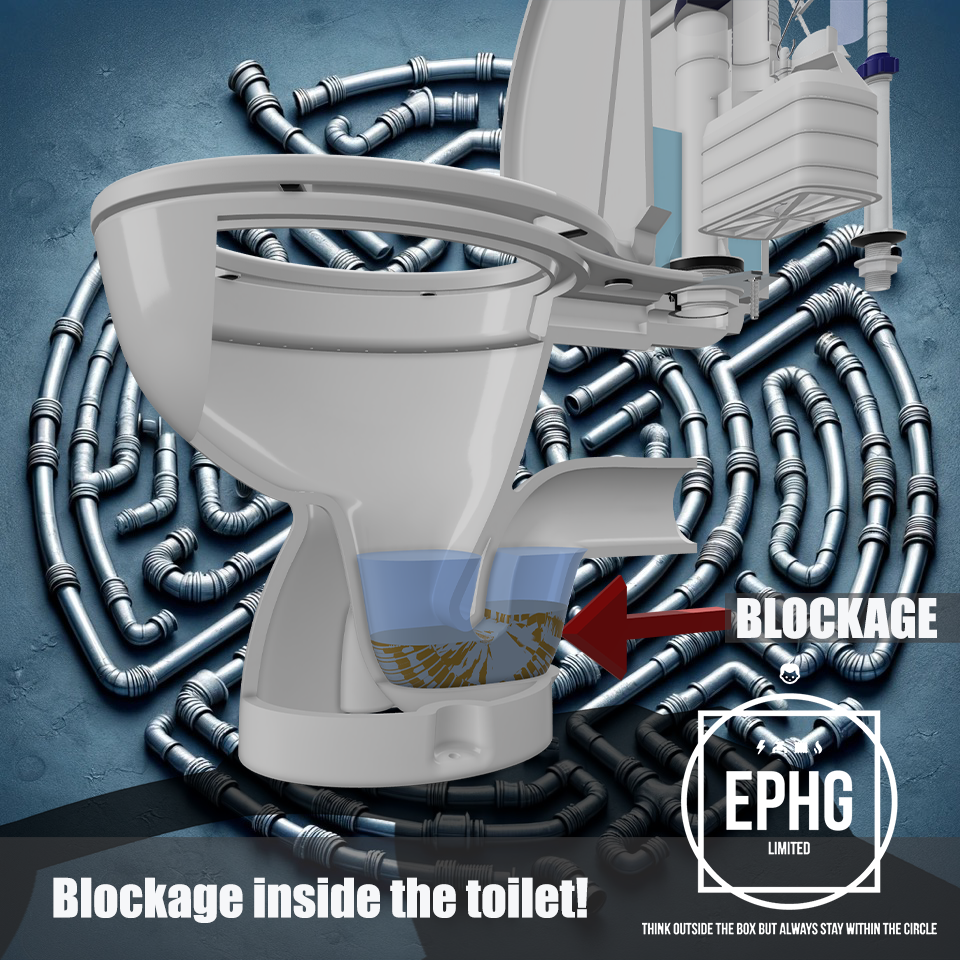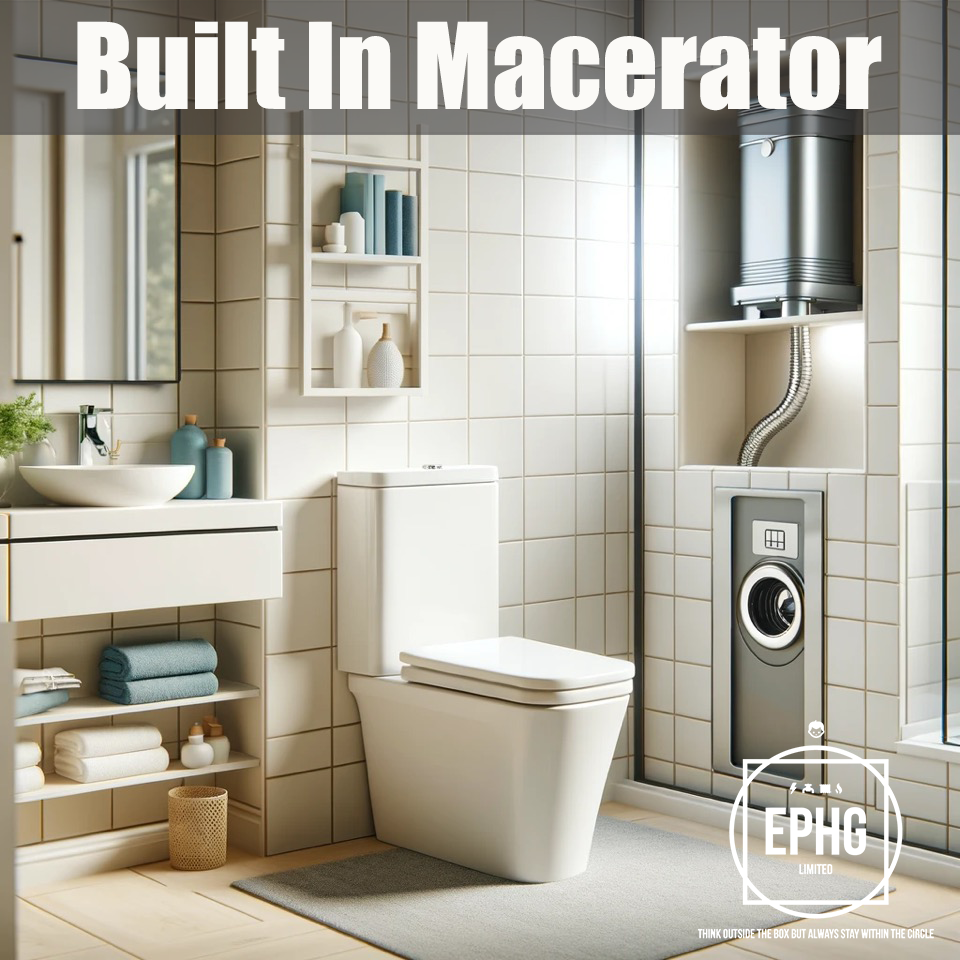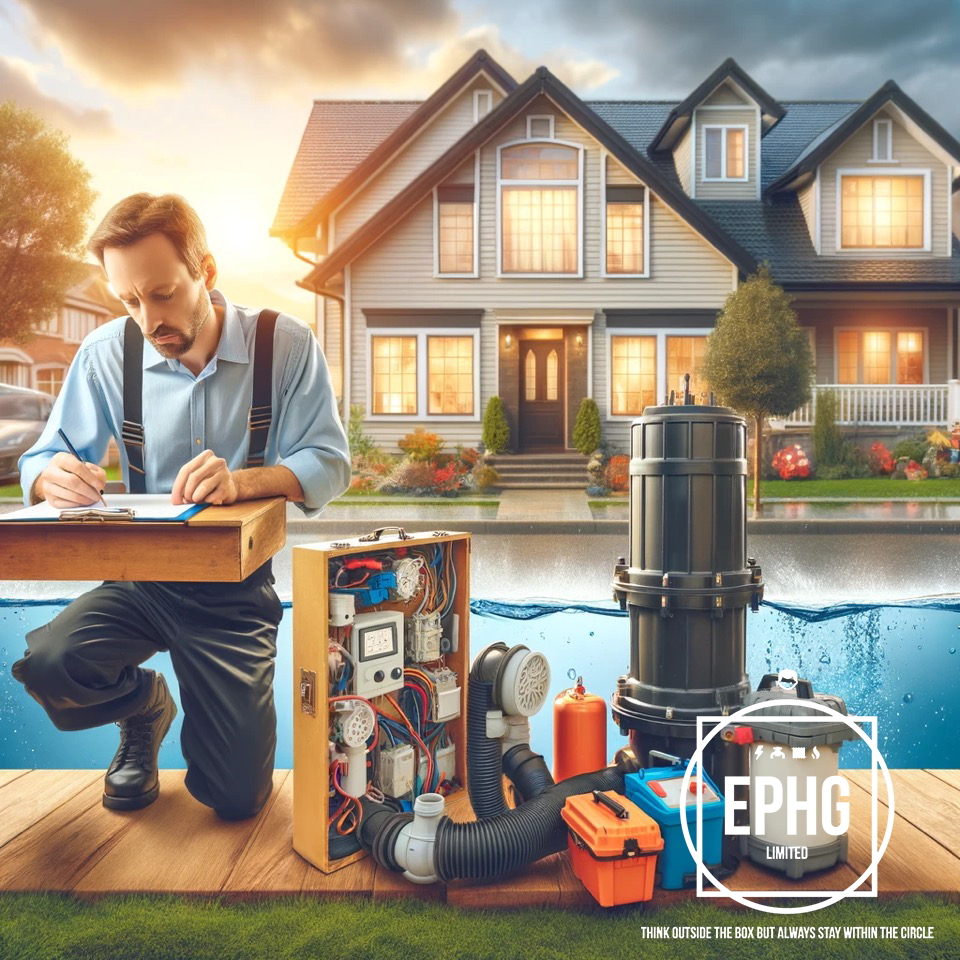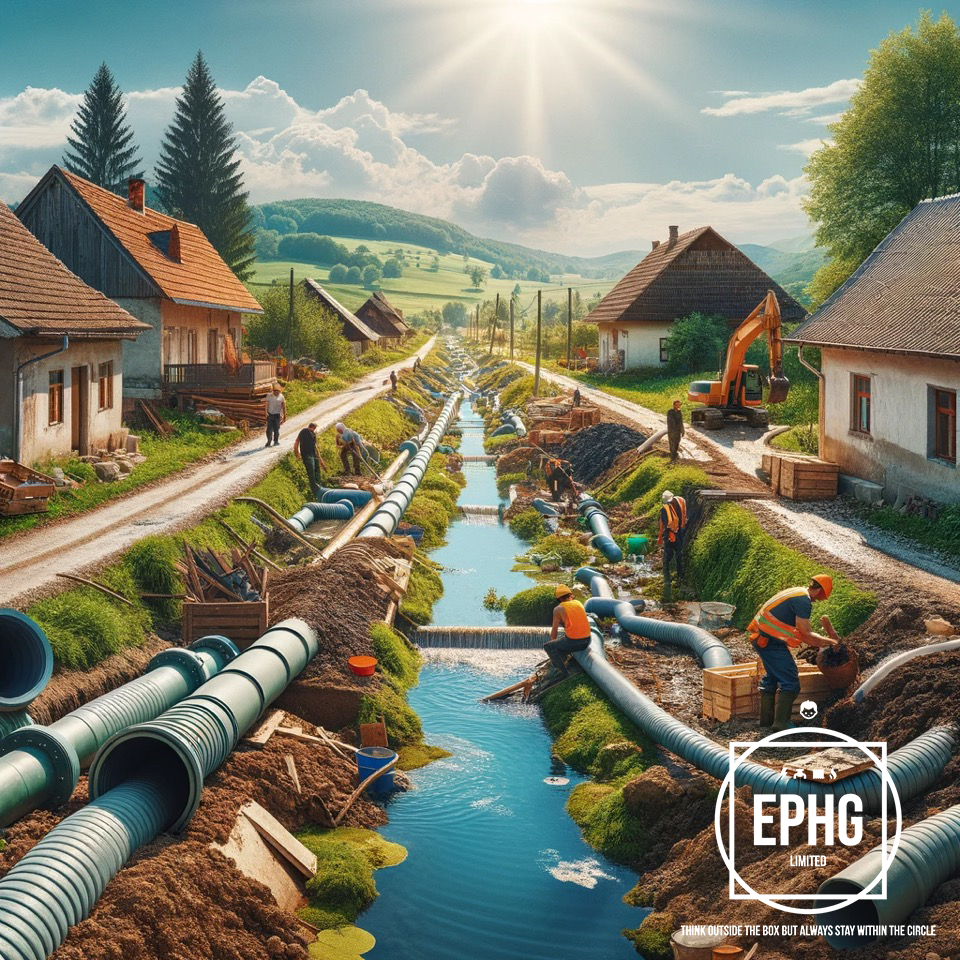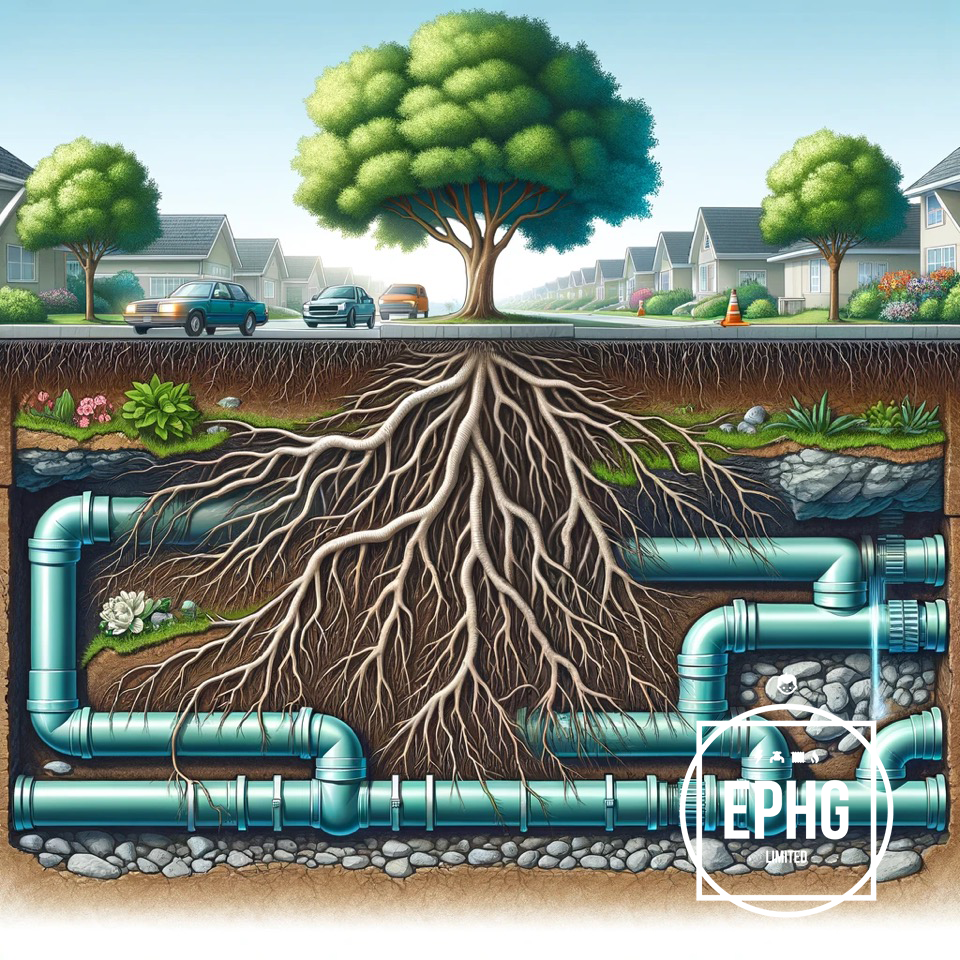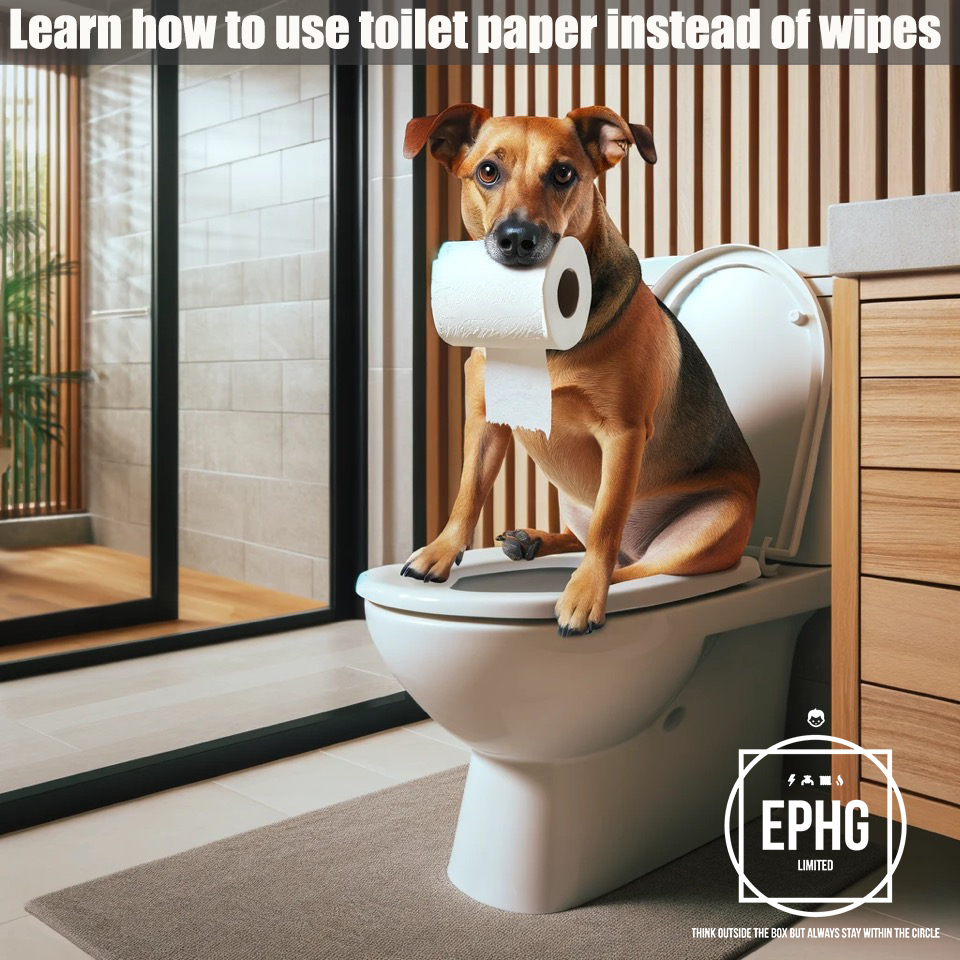
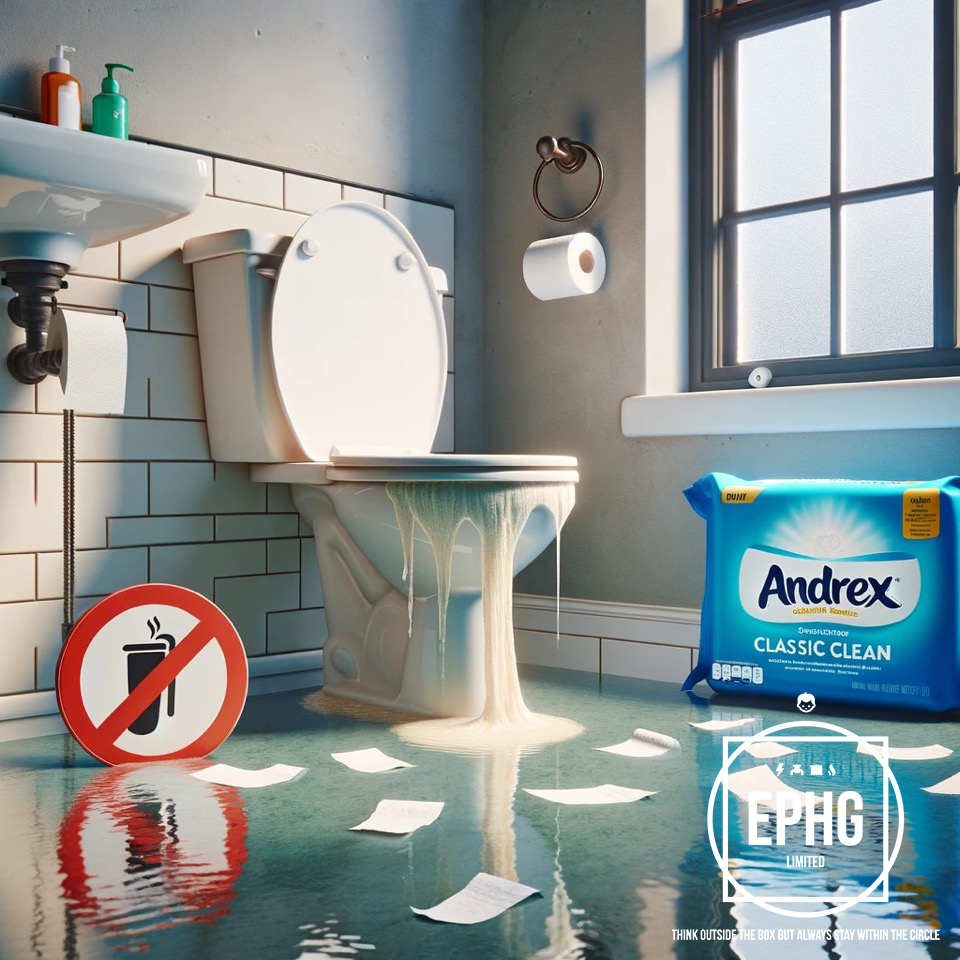
Are Dissolvable Wipes Safe to Flush? The Truth About Andrex Classic Clean Washlets and Your Plumbing
Introduction to Flushable Wipes
In recent years, the use of 'flushable' wipes, such as Andrex Classic Clean Washlets, has surged. Marketed for their convenience and hygiene, the question remains: Are dissolvable wipes safe to flush? This article delves into the realities of flushing these products and their implications for household plumbing and the environment.
Understanding the Flushability of Andrex Washlets
Andrex Classic Clean Washlets are among the many products labeled as flushable. However, the term 'flushable' can be misleading. While these wipes may pass through your toilet, they don't break down as quickly as regular toilet paper. The result can lead to clogs and blockages in your home's pipes and the broader sewage system.
The Risk of Blockages and Need for Emergency Services
When dissolvable wipes like Andrex Washlets are flushed, they can accumulate and cause significant blockages. These obstructions can restrict water flow, leading to backups and potential property damage. In these instances, the services of an emergency plumber or drainage engineer become essential to promptly address and rectify the issue, preventing extensive water damage and sanitation problems.
Special Concerns with Macerator Toilets
Macerator toilets, designed to grind waste into a slurry before pumping it away, are particularly susceptible to issues caused by flushing wipes. The non-decomposable fibers in wipes can jam the macerator, leading to costly repairs or replacements. Understanding the limitations of these systems is crucial to prevent malfunctions.
Environmental Impacts and Sustainability
The environmental impact of flushing wipes extends beyond local plumbing. In municipal sewer systems, they contribute to the formation of fatbergs, vast conglomerates of fat, wipes, and other non-biodegradable materials. These blockages can cause sewage overflows, contaminating waterways and harming wildlife. Choosing not to flush these items can significantly reduce the environmental footprint of our hygiene practices.
Preventative Measures and Best Disposal Practices
To mitigate the risk of blockages and protect the environment, the best practice is to dispose of all types of wipes, including those labeled as flushable, in the bin. Educating household members about the consequences of flushing these products is also vital. Regular maintenance and prompt attention to slow-draining fixtures can help catch issues before they escalate into emergencies.
Conclusion: To Flush or Not to Flush?
The convenience of Andrex Classic Clean Washlets and similar products is undeniable, but their impact on plumbing and the environment is significant. Are dissolvable wipes safe to flush? The consensus among plumbing and environmental experts is a resounding no. By disposing of wipes correctly, you can avoid the need for emergency plumbing interventions and contribute to a healthier, more sustainable world.
If you face persistent blockages or other plumbing issues, contact our team of experienced plumbers and drainage engineers. We're here to provide expert advice, service, and peace of mind. Remember, preventing plumbing problems starts with the choices we make every day.
